First World War: 'the violent birth of the modern world'
Britain's newspapers reflect on World War One and the legacy of one of the bloodiest wars in history
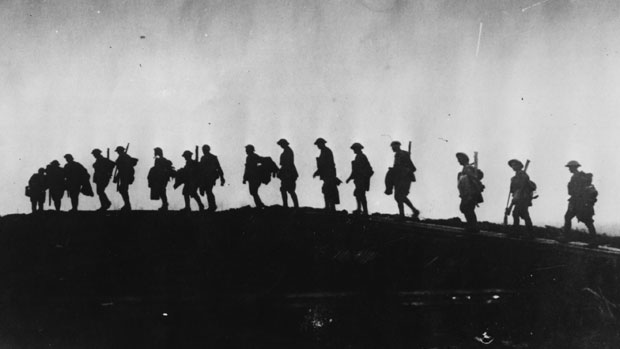
A free daily email with the biggest news stories of the day – and the best features from TheWeek.com
You are now subscribed
Your newsletter sign-up was successful
One hundred years after Britain declared war on Germany, the country's newspapers are reflecting on the legacy of one of the bloodiest wars in history.
At 11pm on 4 August 1914, Britain joined a conflict that would continue for more than four years. The map of Europe was torn up and around 17 million soldiers and civilians were killed between 1914 and 1918.
"World War One changed Britain," says historian Dan Snow in The Sun. "It was the painful, violent birth of the modern world."
The Week
Escape your echo chamber. Get the facts behind the news, plus analysis from multiple perspectives.

Sign up for The Week's Free Newsletters
From our morning news briefing to a weekly Good News Newsletter, get the best of The Week delivered directly to your inbox.
From our morning news briefing to a weekly Good News Newsletter, get the best of The Week delivered directly to your inbox.
Writing in the same newspaper, Prime Minister David Cameron acknowledges that no-one reading the paper fought in the World War One and very few will have any memories of it at all.
But he highlights the importance of remembering the impact the war has had on us today. "The right of women to vote has roots in the Great War. Lives are saved thanks to medicines first used on the Western Front," he says. "And Britons stand tall and walk free because of the freedoms our ancestors secured."
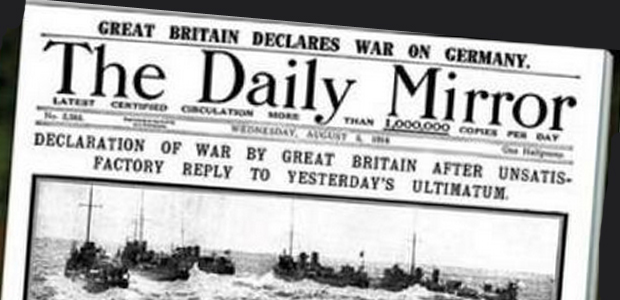
The question we ought to ask, says Jeremy Paxman in the Daily Mirror, is whether the country could endure a similar ordeal today, in an age characterised by an ever-increasing obsession with individualism?
"This idea of an individual's rights being above all else would have baffled the average adult of 1914," he says. "The incomprehension is mutual: the concept of duty – the idea that you lay aside personal concerns for a greater good – has been a notable casualty of the campaign for individual rights."
A free daily email with the biggest news stories of the day – and the best features from TheWeek.com
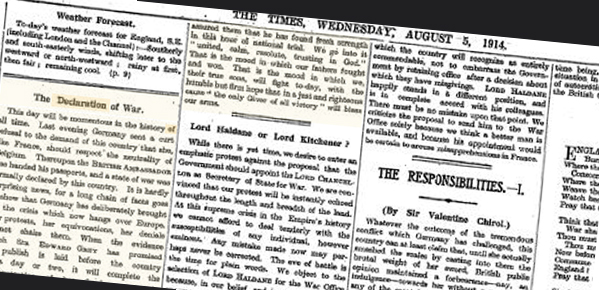
Foreign correspondent Robert Fisk, whose father served in World War One, wonders why we pay homage to the dead but ignore the lessons of their war. "For Little Belgium, Little Gaza. For Flanders poppies, Ukrainian sunflowers. It's not difficult to imagine what 'they' would have thought, the men we should – today – respect, love, remember, but finally leave in peace," he writes in The Independent. "For their Horatio Bottomley, we had Blair. For Woodrow Wilson, we have Obama; and Netanyahu, an Austrian Archduke facing a Serbian horde."
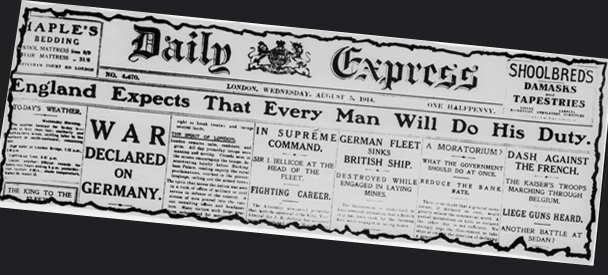
But Andrew Murrison, Tory MP and Cameron's special representative for the centenary commemoration, says he believes the government of 1914 "reacted reasonably" to events as they unfurled.
"The uncomfortable conclusion I draw is that it is murderously difficult for those shouldering the burden of national leadership in an uncertain world to know where ultimately their decisions will lead and that risk and contingency must therefore be drawn broad and wide," he writes in the Daily Telegraph. "All of a sudden a century seems like the blink of an eye and our settled order an alarmingly fragile thing."
-
 Local elections 2026: where are they and who is expected to win?
Local elections 2026: where are they and who is expected to win?The Explainer Labour is braced for heavy losses and U-turn on postponing some council elections hasn’t helped the party’s prospects
-
 6 of the world’s most accessible destinations
6 of the world’s most accessible destinationsThe Week Recommends Experience all of Berlin, Singapore and Sydney
-
 How the FCC’s ‘equal time’ rule works
How the FCC’s ‘equal time’ rule worksIn the Spotlight The law is at the heart of the Colbert-CBS conflict
-
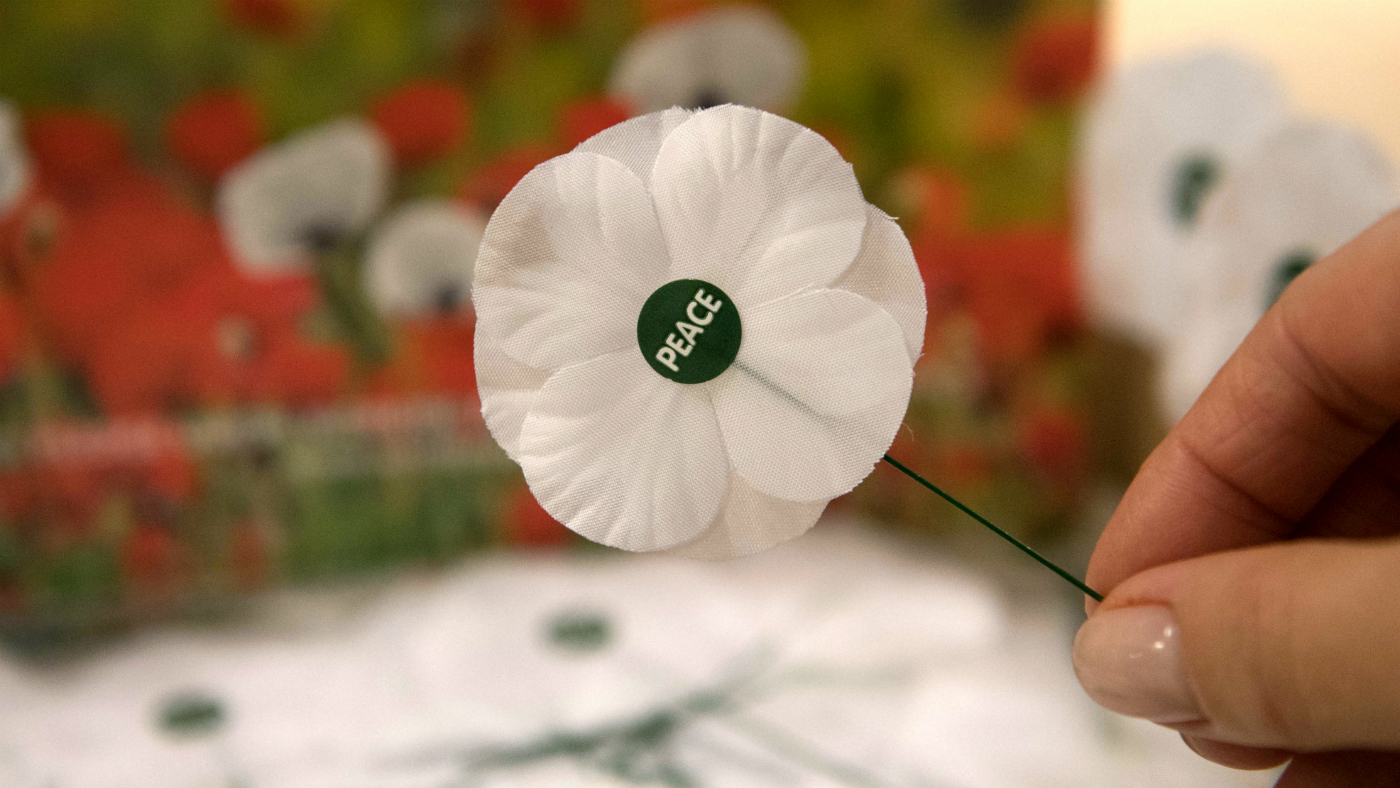 What do the different coloured poppies symbolise?
What do the different coloured poppies symbolise?In Depth Volunteers are distributing millions of poppies in the run up to Remembrance Day
-
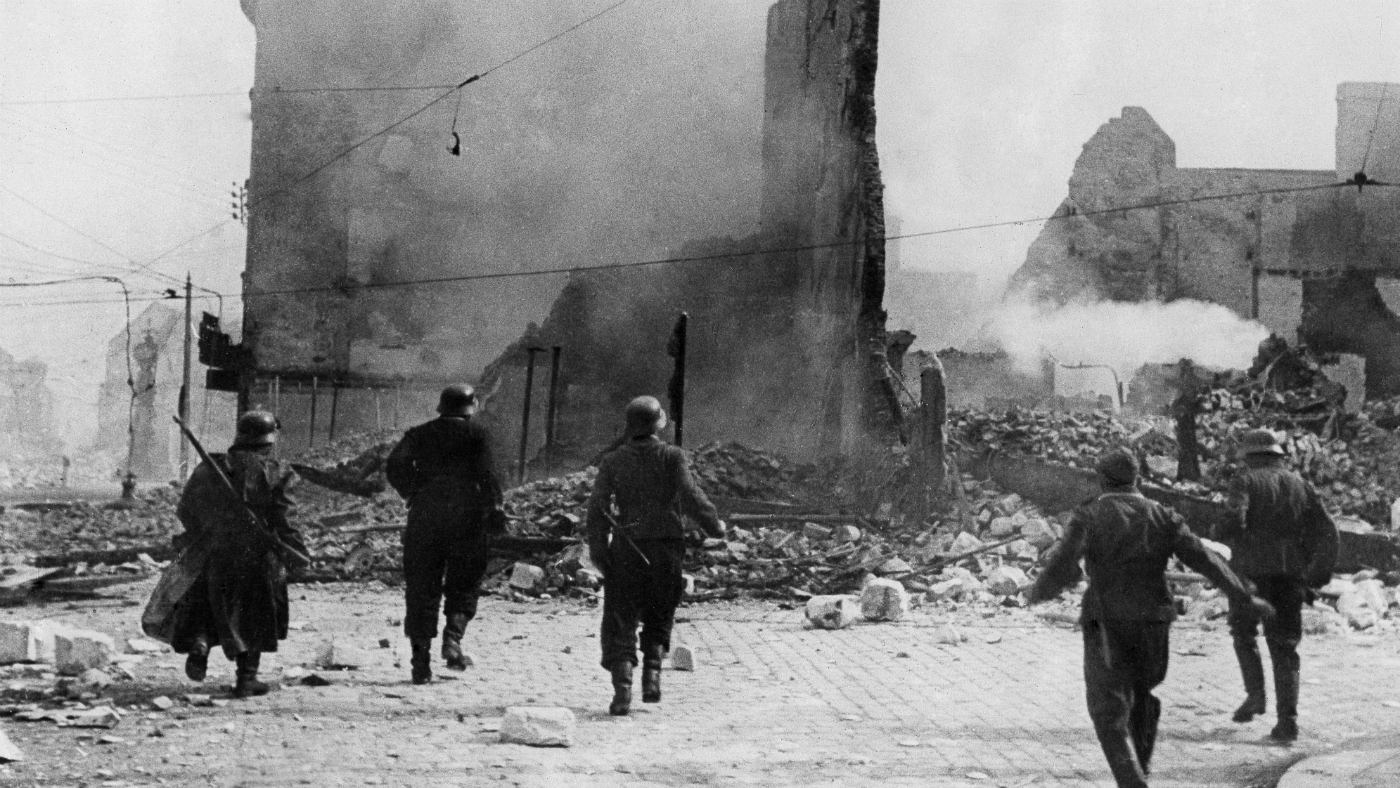 First World War: four things we get wrong
First World War: four things we get wrongIn Depth
-
 What happened at the Battle of Amiens
What happened at the Battle of AmiensIn Depth Theresa May is in France to mark 100th anniversary of one of the most pivotal events of First World War
-
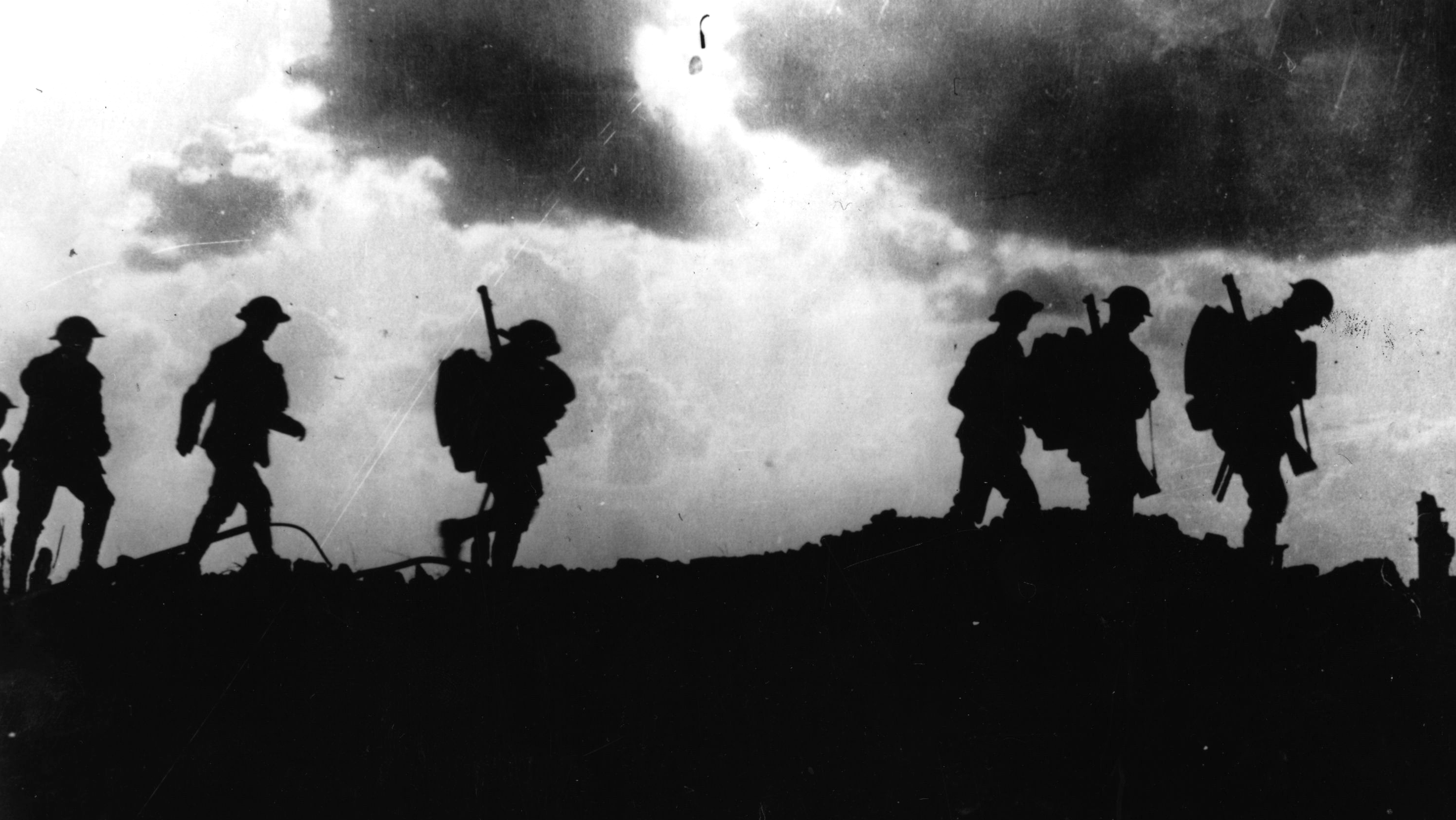 The secret history of the gay soldiers who served in the First World War
The secret history of the gay soldiers who served in the First World WarIn Depth Discrimination and persecution has led to gay soldiers of the Great War being seen as tragic figures, but this was not always the case
-
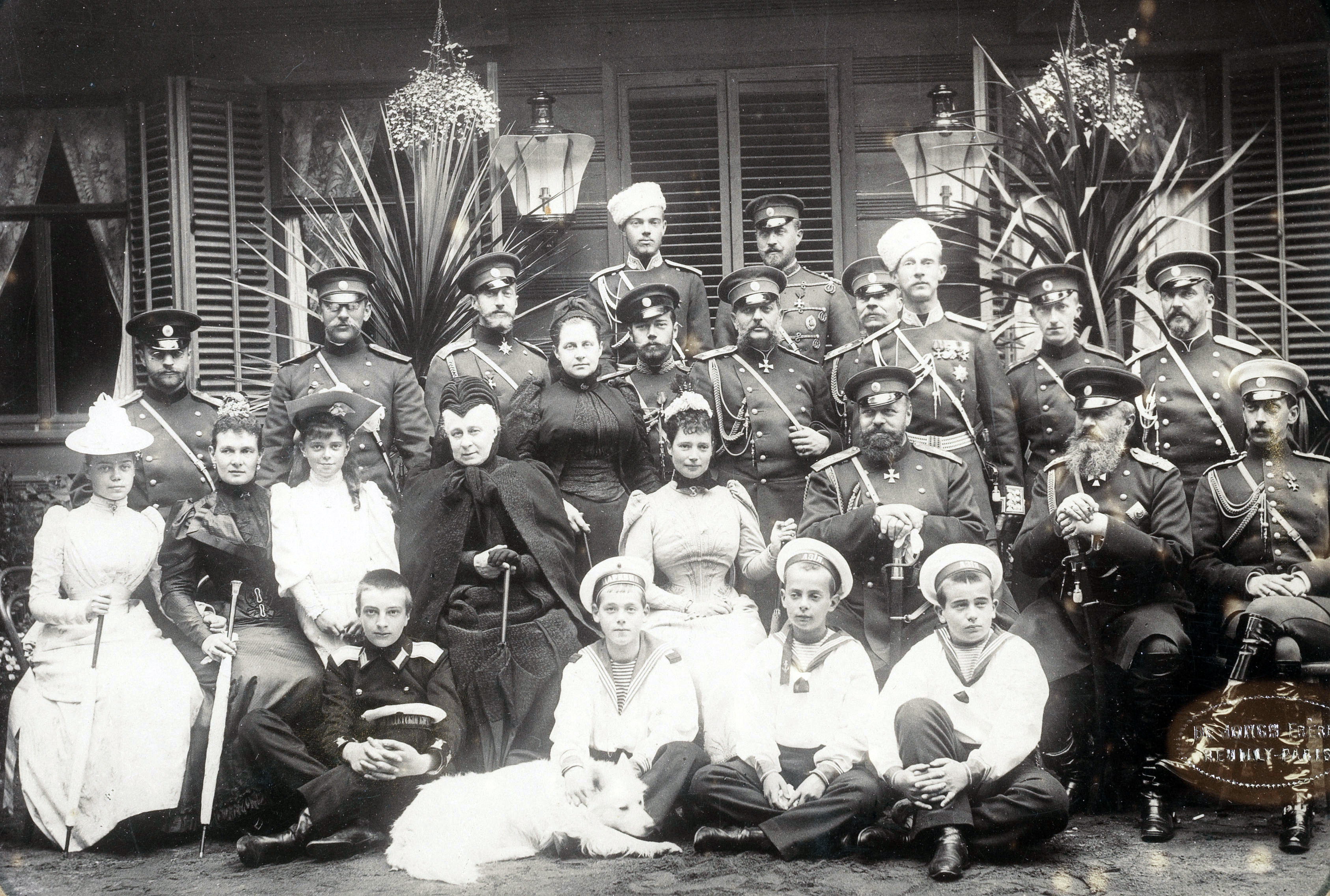 The Romanoffs: how did the Tsar and his family die?
The Romanoffs: how did the Tsar and his family die?In Depth New series about descendants of the Russian royal family comes to Amazon Prime
-
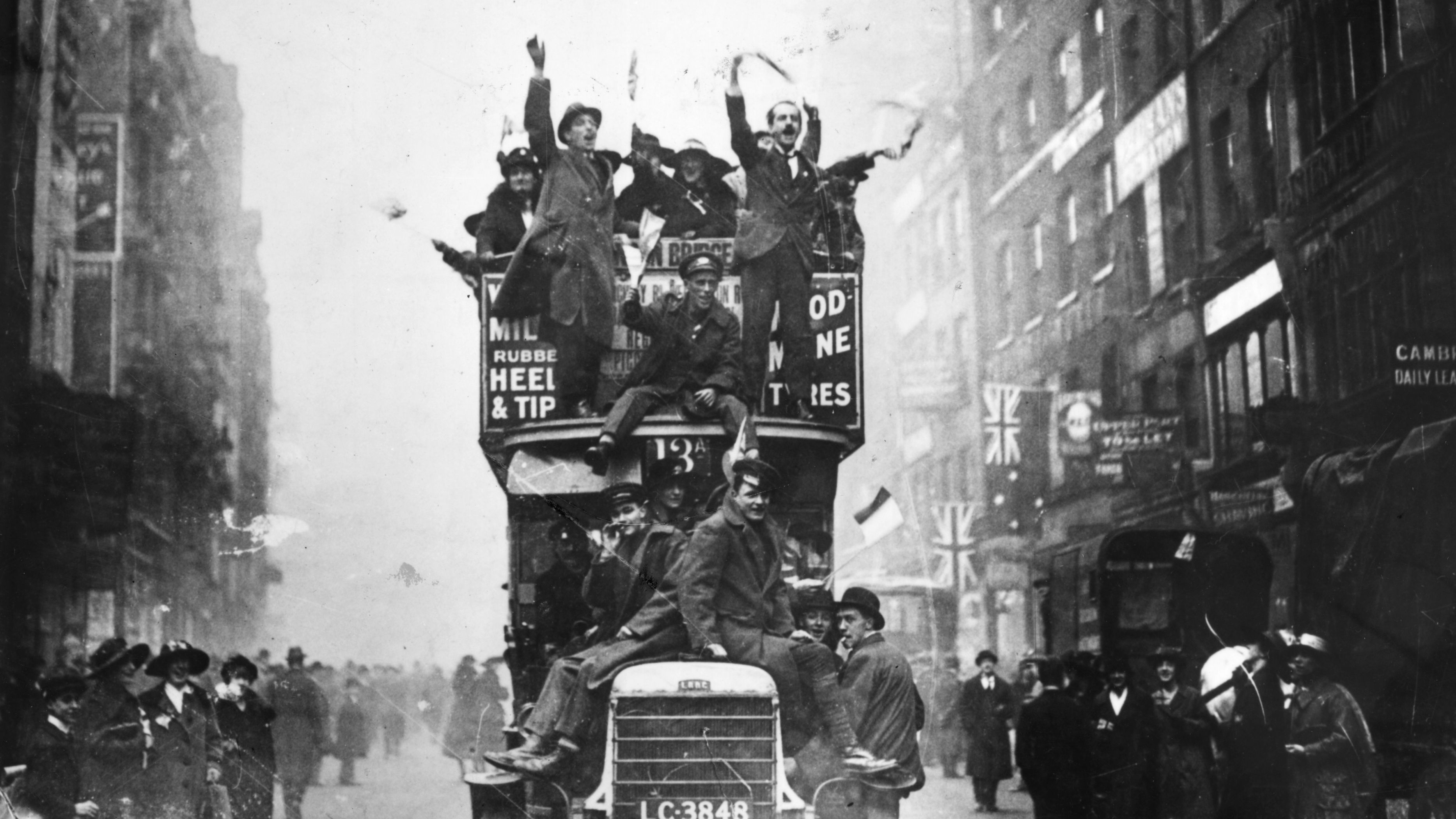 How did World War One end?
How did World War One end?In Depth Duchess of Cornwall marks Armistice Day at Westminster Abbey
-
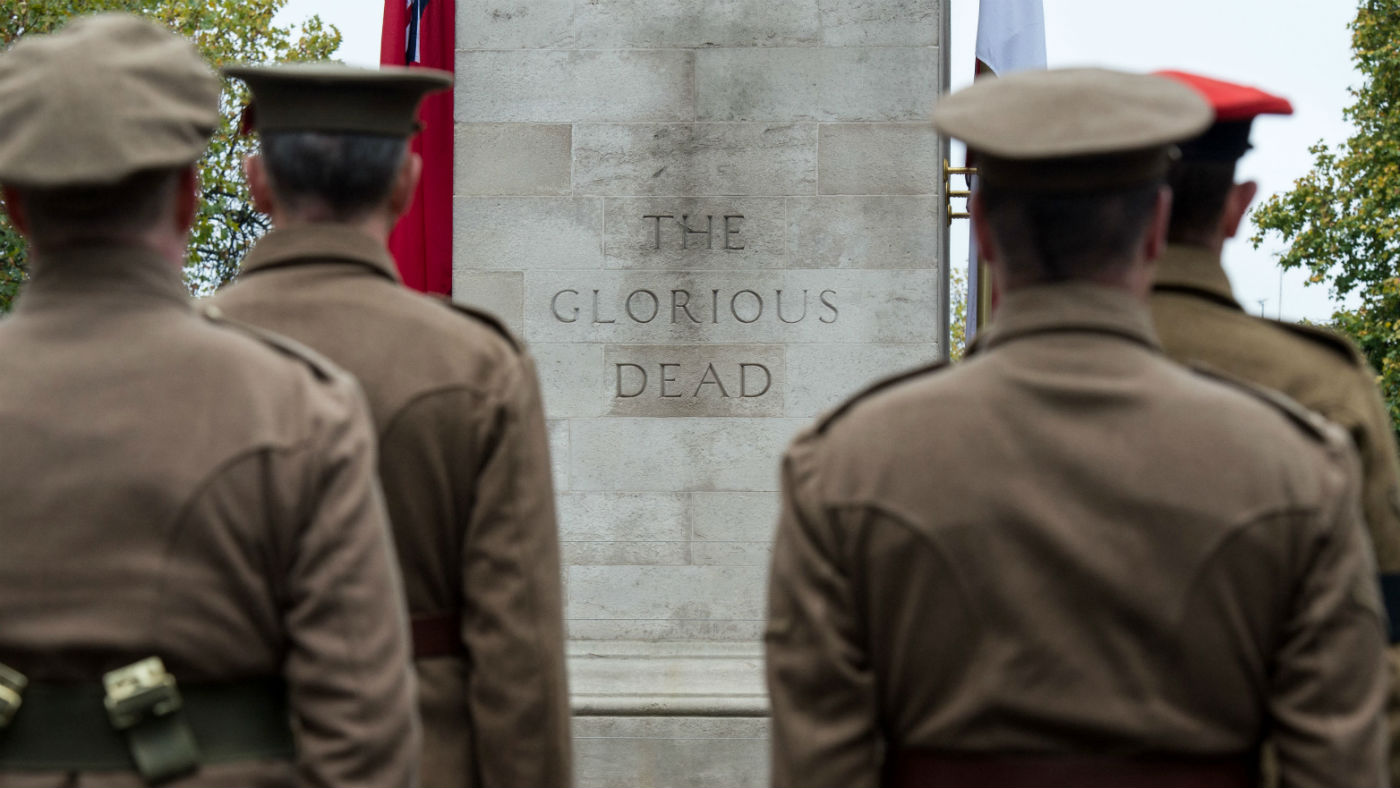 First World War centenary: Armistice events around the UK
First World War centenary: Armistice events around the UKThe Week Recommends A selection of events going on around the country as the UK prepares to commemorate 100 years since the end of World War One
-
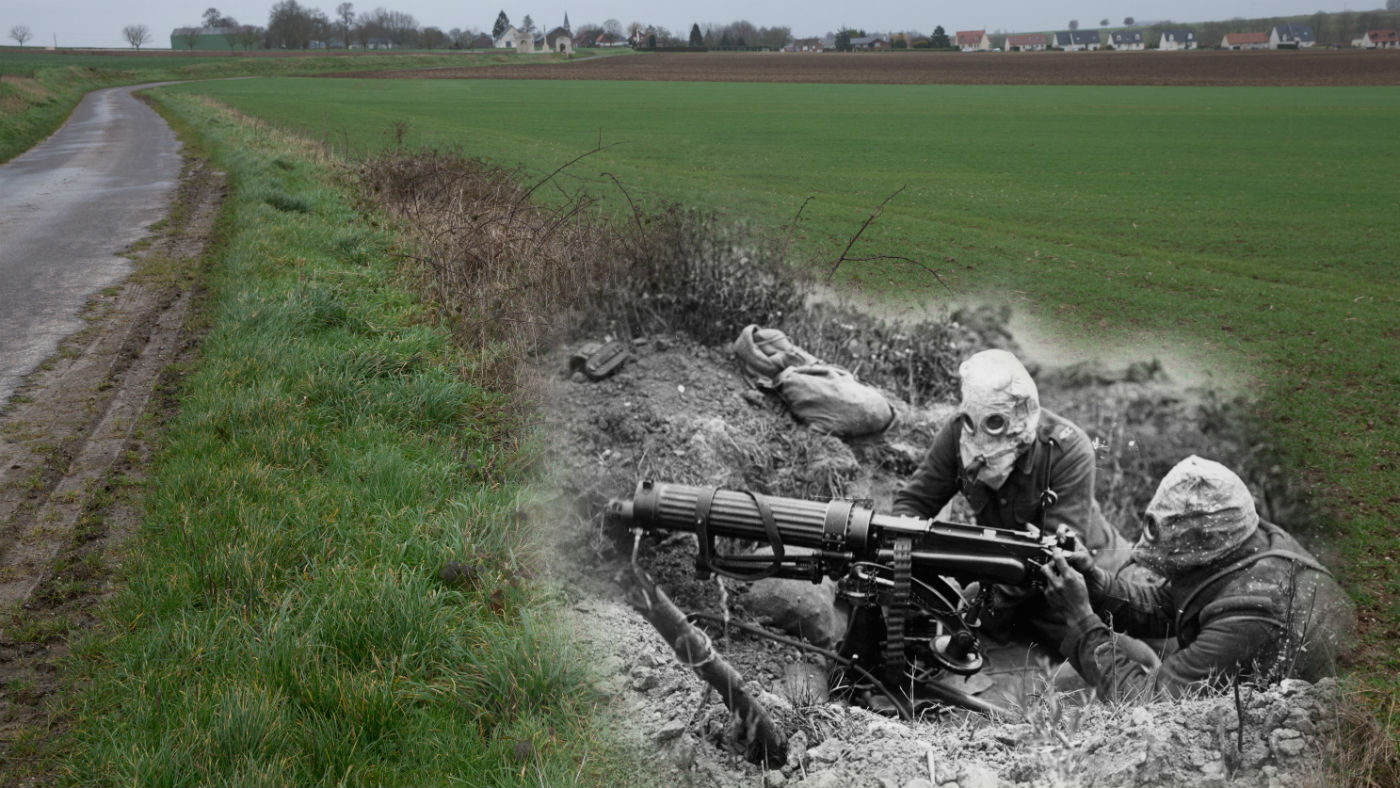 First World War composite photos bring past to life
First World War composite photos bring past to lifeIn Depth Then-and-now images put snapshots of the Great War in a 21st century setting